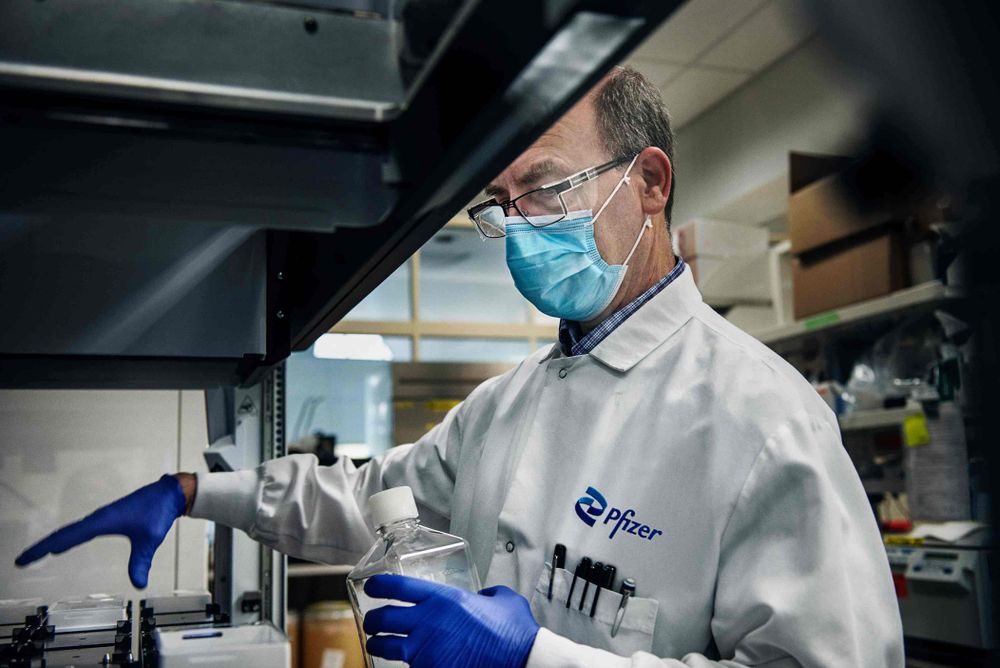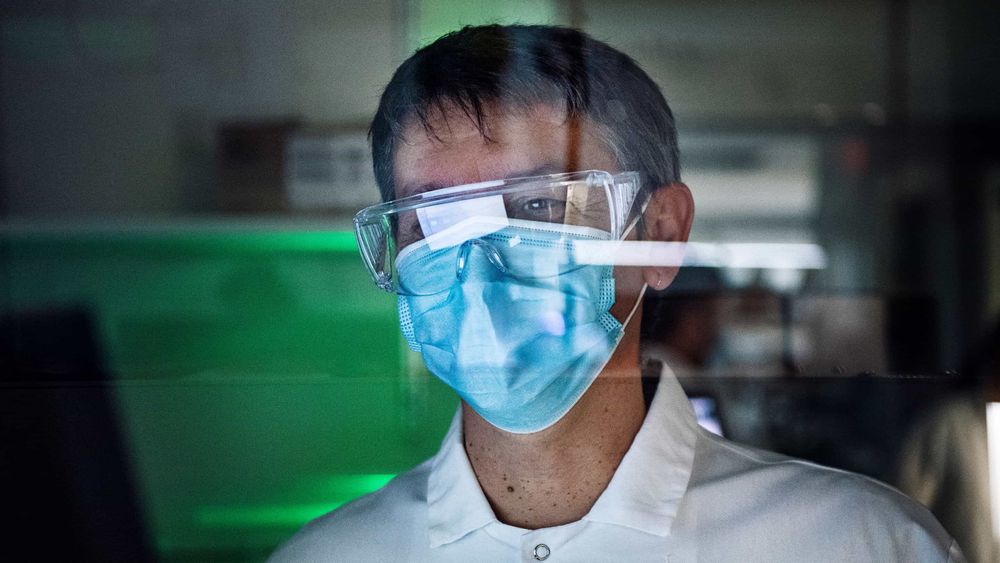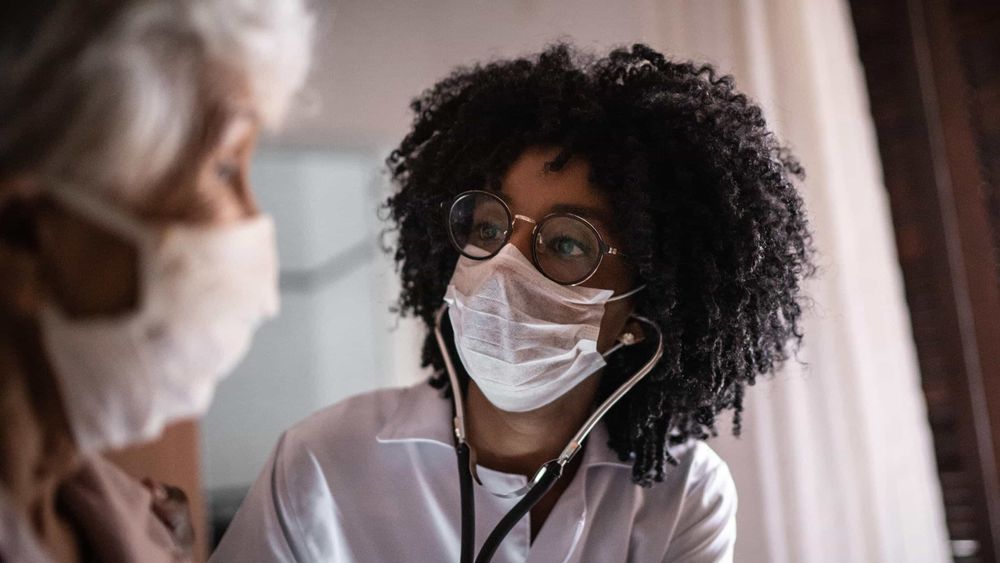Broadening Access to the COVID-19 Vaccine
2020 was a year we will never forget. While we were met with incredible suffering and loss, there were also many examples of courage, hope and pride. We couldn’t think of a better example of all three than when we, in partnership with BioNTech, received the first authorizations for our COVID-19 vaccine in individuals 16 years of age and older at the end of 2020.
Since then, we’ve continued to follow the science, working around the clock to broaden individual access to the vaccine. Through these efforts, we were able to do the following in many countries around the world in 2021:1,2
- Expand regulatory authorizations of the vaccine to include individuals 12 through 15, and then 5 through 11, years of age
- Receive authorizations for third shots for those immunocompromised and also booster doses for adults 16 years and older in the U.S. (now authorized for 12 and older as of January 2022) and 18 years and older in the European Union, with other authorizations varying by country
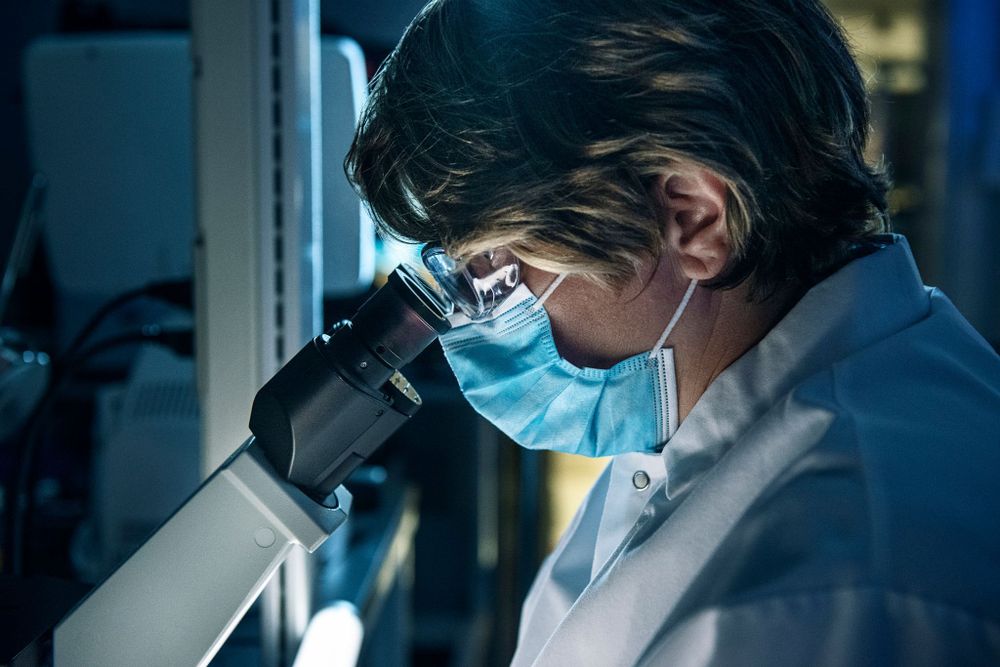
Pfizer scientists and other colleagues were instrumental in making the vaccine available to people of all ages and all over the world in 2021.
Further, we continue to explore effectiveness and safety of the Pfizer-BioNTech COVID-19 vaccine in ages 2 to 5 years.
We are incredibly proud of all we were able to accomplish in 2021, but the work is not over. We are continuing to work on ongoing COVID-19 trials, including studying and monitoring the emergence of new variants, so that we can always stay vigilant as we fight the virus.3
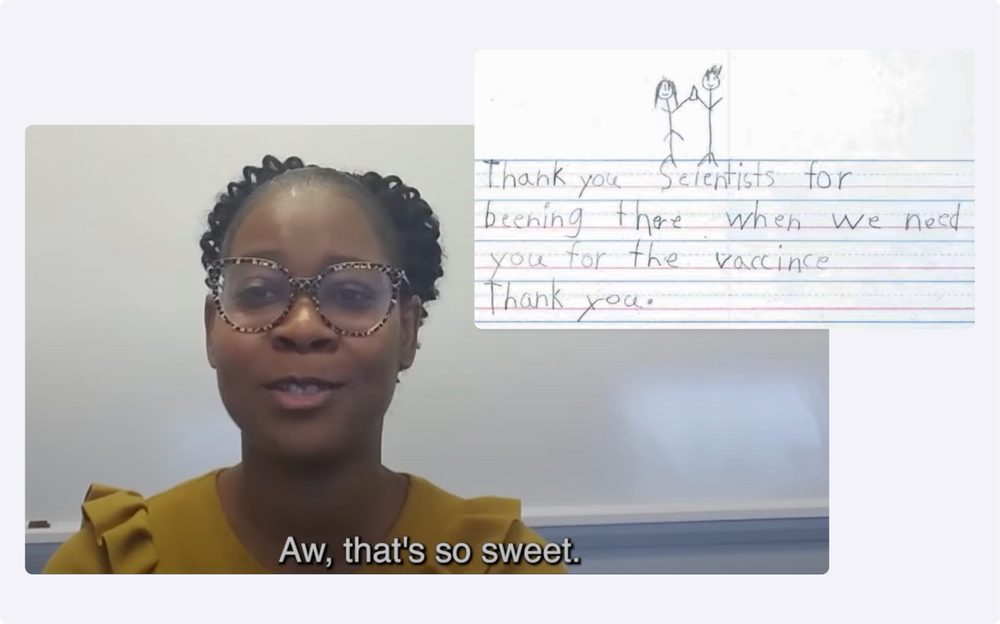
Pfizer scientists read letters from thankful first-grade students. Watch the full video on YouTube here.
We are also dedicated to helping ensure low- and middle-income countries receive vaccines and have committed to distributing 2 billion doses by the end of 2022. We are working with governments, health institutions and non-profit organizations to distribute the vaccine equitably. For us, the question is not who should get the vaccine, but what do we need to do so that countries globally can have access to it.
Emergency uses of the vaccine have not been approved or licensed by FDA, but have been authorized by FDA, under an Emergency Use Authorization (EUA) to prevent Coronavirus Disease 2019 (COVID-19) in individuals 5 years of age and older. The emergency uses are only authorized for the duration of the declaration that circumstances exist justifying the authorization of emergency use of the medical product under Section 564(b)(1) of the FD&C Act unless the declaration is terminated or authorization revoked sooner. Please see EUA Fact Sheets at www.cvdvaccine-us.com.
Pfizer Inc. Pfizer And BioNTech Receive First U.S. Authorization For Emergency Use Of COVID-19 Vaccine In Adolescents. May 10, 2021. https://www.pfizer.com/news/press-release/press-release-detail/pfizer-and-biontech-receive-first-us-authorization. Accessed December 8, 2021.
Pfizer Inc. Pfizer-BioNTech COVID-19 Vaccine COMIRNATY® Receives Full U.S. FDA Approval For Individuals 16 Years And Older. August 23, 2021. https://www.pfizer.com/news/press-release/press-release-detail/pfizer-biontech-covid-19-vaccine-comirnatyr-receives-full. Accessed December 8, 2021.
Pfizer Inc. Our Science: Studies To Address Emerging Variants. https://www.pfizer.com/science/coronavirus/vaccine/emerging-variants. Accessed December 8, 2021.
